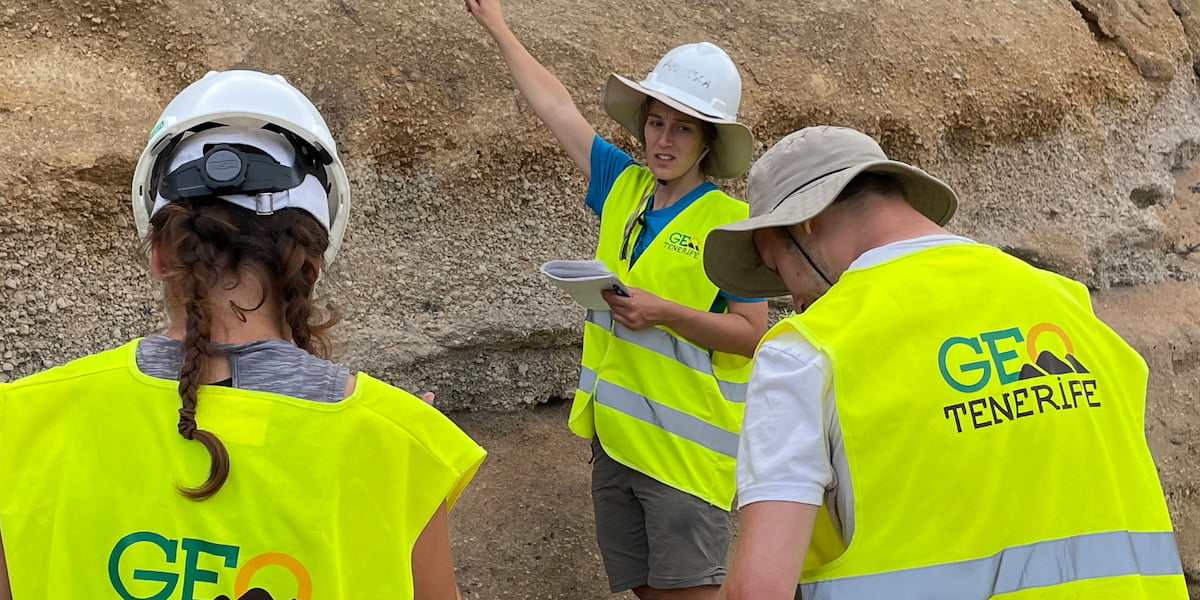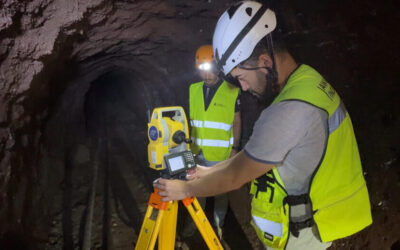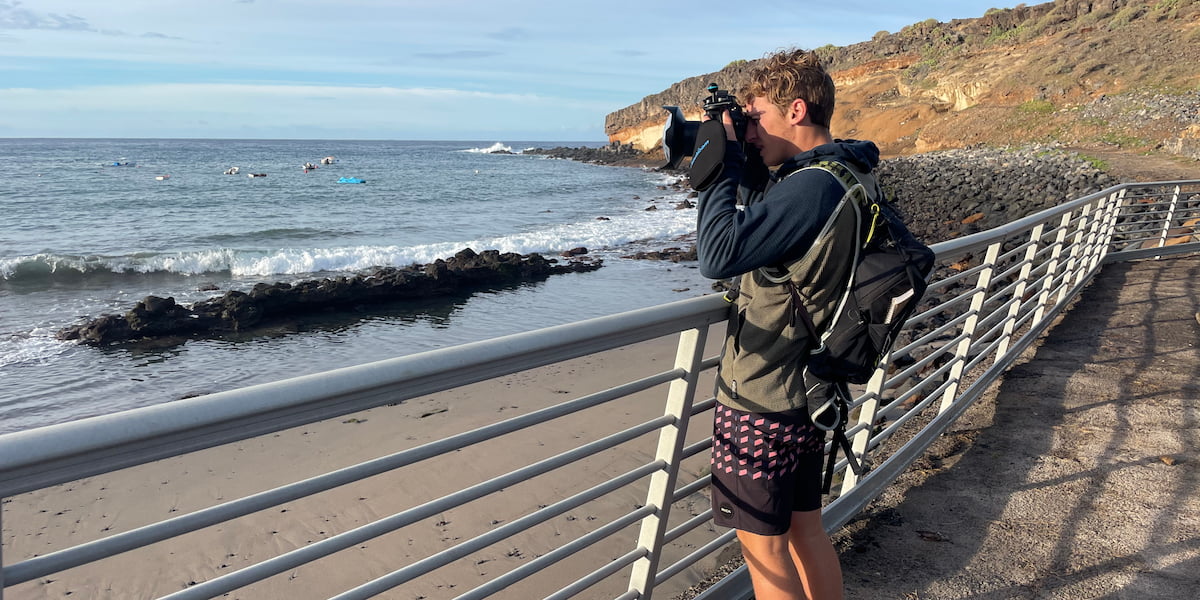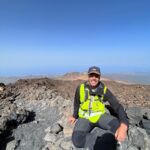We are proud to announce the launch of our 12th annual GeoIntern, a summer training programme we run in association with local and international experts and institutions that places students in active research projects where they can learn a range of highly transferable skills over the course of four weeks. All of our GeoIntern programmes, which cover a range of disciplines, will take place from 28th June to the 26th July 2025. The deadline for applications was Friday, the 11th of April 2025, and it is open to undergraduates and recent graduates from relevant fields of study of any nationality. GeoIntern is an inclusive programme.
Transferable skills
GeoIntern is a great opportunity to learn a range of skills, attend exclusive lectures from leading local and international experts and gain experience working alongside seasoned professionals out in the field. ALL TEACHING IS IN ENGLISH.
We are particularly interested in helping you to develop your science communication skills. Whatever your chosen career later on, learning how best to present your views on science and your work will stand you in good stead, and we believe learning to communicate science to the general public is vital so research is not limited just to papers and conferences.
Weeks 1 and 2 of GeoIntern will be dedicated to SciComm training to learn the latest practical skills in science communication, an introduction to the dramatic volcanology of the Canary Islands through a series of technical and field trips and training alongside IGN, Spanish National Geographic institute who are responsible for volcanic monitoring in Spain, in preparation for collaborative research work you will participate in during weeks 3 and 4.
Recognition and networking
Your collaborative research work alongside the professionals in the field will be fully recognised in any subsequent publication resulting from the research you collaborate alongside the experts and institutions that participate in our summer training programme.
Throughout your time with us, you will also be taught by a range of our local associated experts. It is part of our drive to help young scientists start developing contact networks early on to help in their future career development.
Logistics
We take care of all your local accommodation, transfers (from meeting you on arrival in Tenerife to transfers to other islands when your programme demands it), as well as a weekly excursion programme to ensure you maximise your time with us. Our dedicated GeoTenerife field manager is available throughout to ensure the smooth daily running of the programme and to resolve any issues that may arise.
Want to see how previous students got on?
You can scroll through our dedicated Twitter feeds @GeoIntern and @GeoTScholar. Please have a look at our playlist of GeoIntern testimonial interviews on our YouTube channel dating right back to 2014 here. You can also catch up on what our past interns are up to on our Facebook page, by scrolling through our “WHERE ARE THEY NOW?” posts, which we will update throughout this application period.






